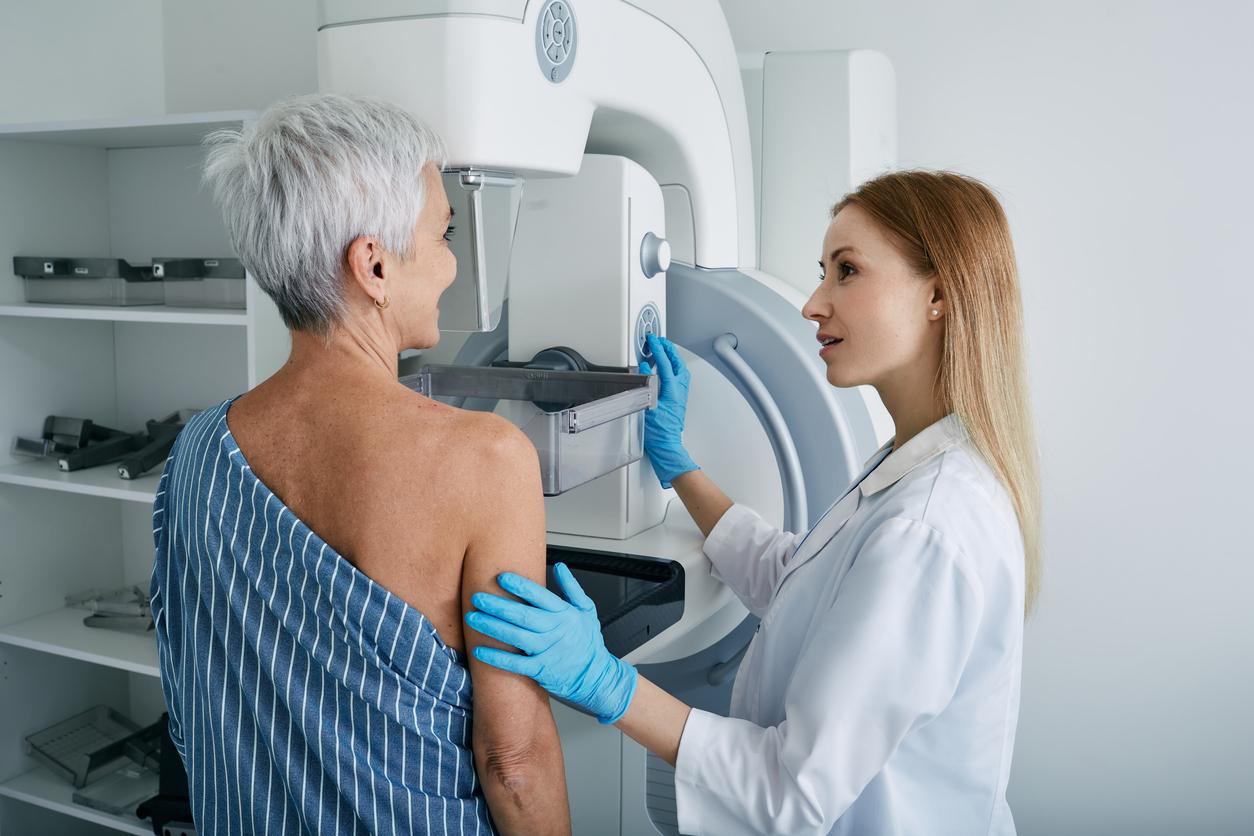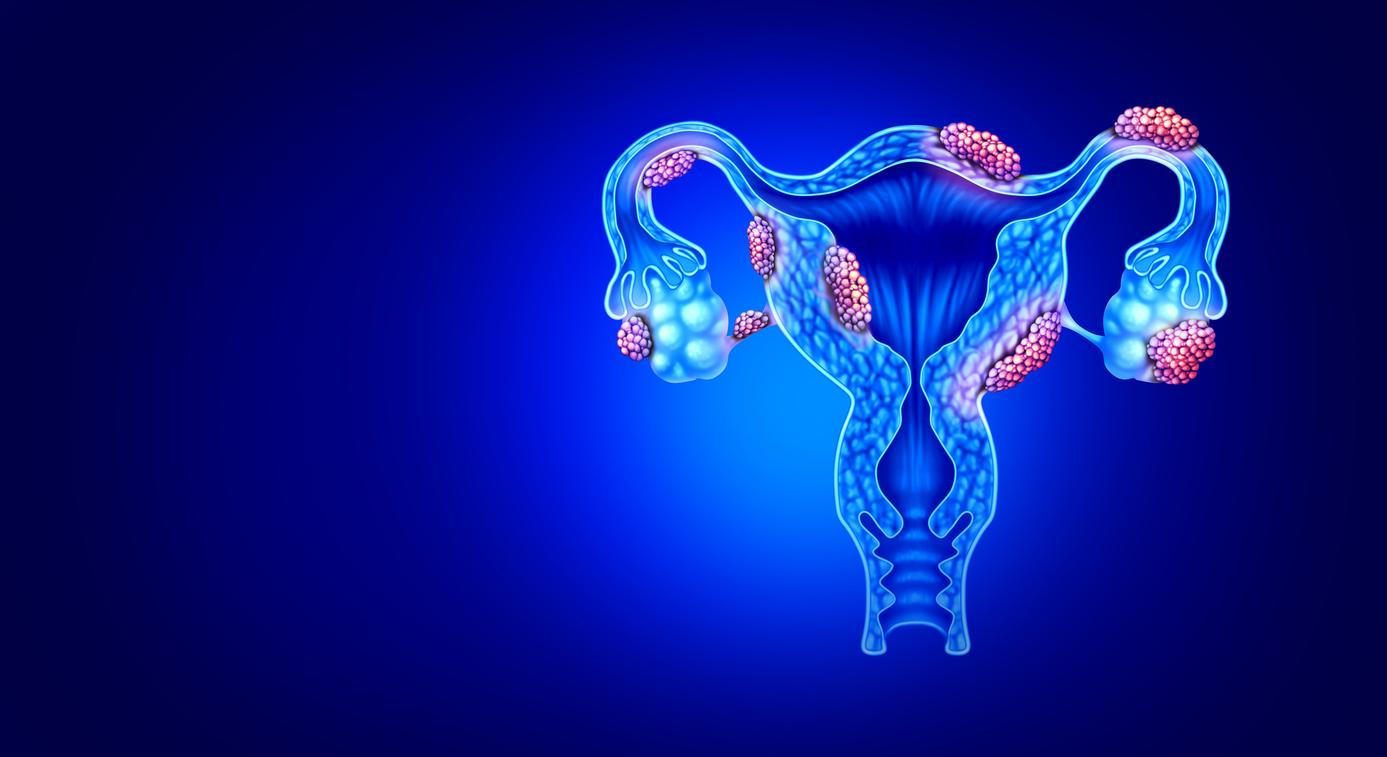The National Academy of Surgery (ANC) held its first press conference by highlighting two initiatives to fight breast cancer.

- “The ANC will encourage studies to know the impact of endocrine disruptors on breast health.”
- According to Professor Carole Mathelin: “75% of the causes of breast cancer are not known, environmental origin is highly suspected”.
- For the ANC, surgery students must be authorized to undergo transversal specialized training (FST) in senology, as exists for hand surgery, surgery in war or disaster or even orbito- surgery Palpébro-lacrymale.
In 2025, the ANC wanted to strengthen the training of surgeons and deepen research on the impact of the environment on this pathology. Under the impetus of Pr Carole Mathelin, the head of the Surgery Service at the Strasbourg Institute of Cancer (ICANS), the old announces the creation of a specific training intended for senology practitioners. “”It is essential to provide surgeons with specific training to improve the management of patient cancer patients. Better technical expertise will ensure more effective treatment suitable for each case“Said Professor Mathelin.
Understand the impact of the environment on breast cancers
If 75 % of the causes of breast cancer remain unknown, the influence of the environment is increasingly suspected. In 2022, France displayed one of the highest incidence rates in the world with 105.4 cases per 100,000 inhabitants.
The Academy highlights, therefore, a second line of work: the analysis of environmental factors influencing the development of breast cancer. “”Today we know that the environment plays a significant role in the appearance of breast cancers. It is crucial to conduct in -depth research to better understand these interactions and adapt our prevention strategies“Said Professor Mathelin.
Increasingly disturbing biological effects
Endocrine disruptors act in three modes: by mimicking a hormone, blocking its action or disturbing its transport and elimination. These mechanisms cause complex and sometimes paradoxical effects, such as a low dose toxicity (“effect cocktail ) Or impacts on several generations (” effect transgenerational »).
In addition, biological differences expose more women mainly to the effects of these substances: slower kidney elimination, easy storage in the adipose mass and greater exposure through cosmetics and the domestic environment (household products, between other).
This research, although centered on breast cancer, could also provide keys to better understand other cancers, such as those in the pancreas or the prostate. The ANC is committed to continuing its work and raising awareness among health authorities about the often underestimated dangers of environmental factors.


















